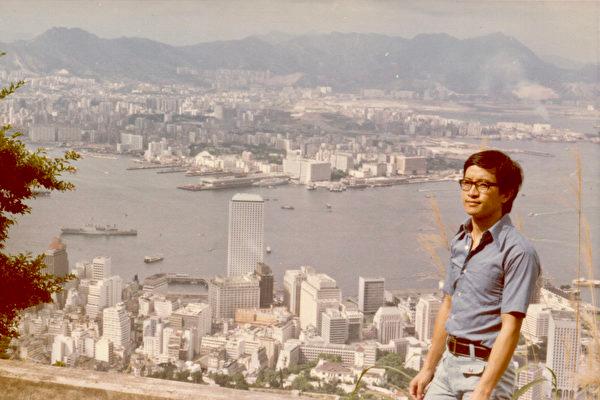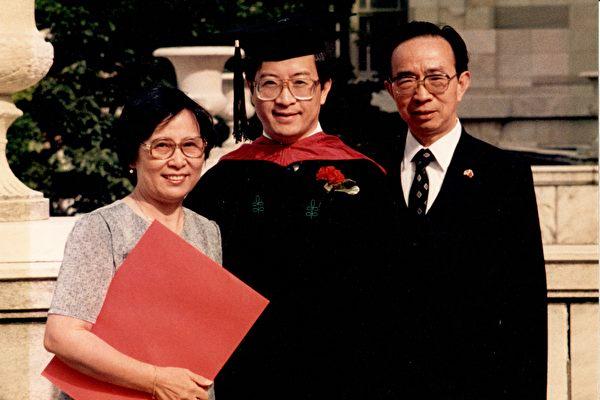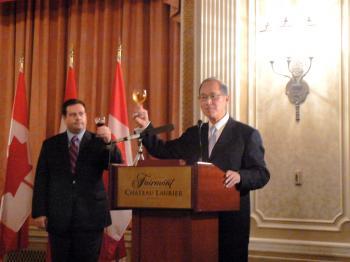Once a refugee, now a retired anesthesiologist, Kent Wong tells his remarkable story in “Swimming to Freedom: My Untold Story of Escaping the Cultural Revolution,” released on April 27. He says he wants to prevent history from repeating itself.
He recently shared his thoughts on writing the book with the Chinese edition of The Epoch Times.


